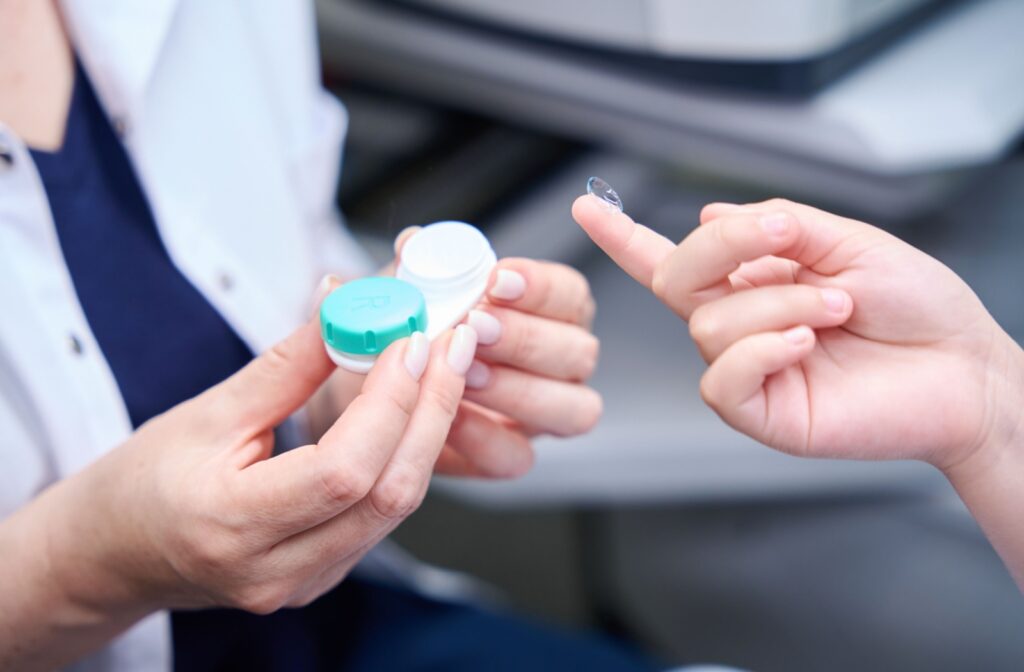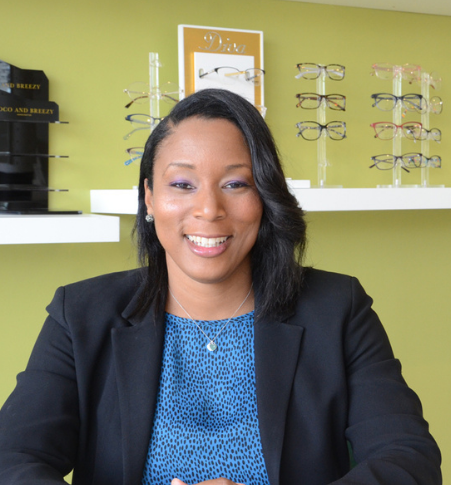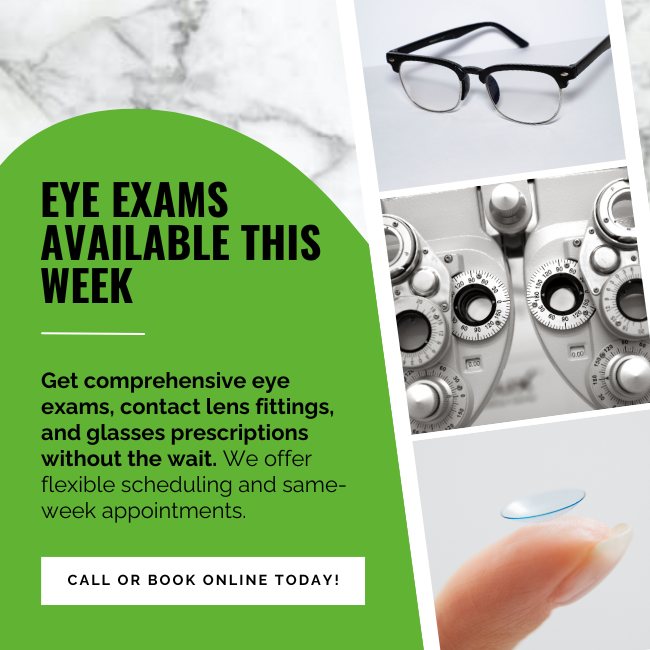If you wear contact lenses and own a pair of prescription sunglasses, you might have asked yourself: Can I wear both at the same time? The answer is yes—you can wear prescription sunglasses with contacts. But just because you can doesn’t always mean you should, and there are a few important things to keep in mind when pairing the two.
In this post, we’ll walk you through how it works, the benefits, the potential drawbacks, and some frequently asked questions so you can decide if this combination is right for your lifestyle.
Can You Combine Prescription Sunglasses With Contacts?
Technically, yes—you can wear prescription sunglasses over contact lenses. Many people do it, especially when they want the benefits of both clear vision and UV protection. Contact lenses correct your vision directly on the eye, but most don’t offer significant sun protection. That’s where sunglasses come in, helping to block harmful UV rays, reduce glare, and improve visual comfort in bright environments.
However, there is one key consideration: overlapping prescriptions. If your prescription sunglasses have the same corrective power as your contacts, you may end up over-correcting your vision. This could cause blurriness, headaches, or eye strain. In these cases, wearing non-prescription (plano) sunglasses over your contacts is often the better solution.
Why Would Someone Wear Both?
There are a few practical—and stylish—reasons why someone might choose to wear both contacts and prescription sunglasses:
1. All-Day Vision & UV Protection
Contacts provide a full field of clear vision without frames getting in the way, while prescription sunglasses offer excellent UV protection. If your sunglasses are prescription but not plano, wearing both could seem like a convenient option when you’re outdoors.
2. No Regular Sunglasses Handy
If your only sunglasses happen to be prescription, you might throw them on over your contacts to protect your eyes from the sun—especially when driving or spending time outdoors.
3. Style & Preference
Prescription sunglasses often come in designer frames with custom tints and coatings. For some, wearing them—even briefly over contacts—can be a fashion choice as much as a functional one.
Drawbacks to Consider
Although it’s possible to wear both, it’s not always the best idea for daily use. Here’s why:
1. Risk of Over-Correction
Wearing prescription sunglasses over contact lenses that already correct your vision can result in double correction. This can lead to distorted vision, eyestrain, and even nausea in some cases.
2. Maintenance
Contact lenses require daily hygiene routines, and prescription sunglasses also need care—especially if they’re coated for UV protection or have polarized lenses. Managing both regularly can add complexity to your routine.
3. Cost
Prescription sunglasses are often more expensive than regular sunglasses. If you don’t actually need the added prescription power when wearing your contacts, you might consider investing in high-quality non-prescription sunglasses instead.

FAQs
Can I wear non-prescription sunglasses with contacts?
Yes! This is often the best solution. Wearing high-quality, non-prescription UV-blocking sunglasses over your contact lenses gives you both vision correction and sun protection—without the risk of over-correction.
Are contacts enough to protect my eyes from UV?
Some contact lenses offer built-in UV protection, but they don’t shield the entire eye. That’s why sunglasses are still recommended when you’re outside, even if your lenses have UV-blocking properties.
How long does a contact lens prescription last?
In most cases, a contact lens prescription is valid for one year in the U.S. However, your optometrist may recommend more frequent check-ins based on your eye health and the type of lenses you wear.
Can I get sunglasses with no prescription but still customized to my vision needs?
Absolutely. Many people who wear contacts choose non-prescription sunglasses with custom features like polarized lenses, anti-reflective coatings, or specific tint colors to reduce glare and enhance visual comfort—all without adding extra prescription power.
Is it better to wear transition lenses or prescription sunglasses if I use contacts?
If you regularly wear contacts, traditional prescription sunglasses or non-prescription sunglasses may be more practical. Transition lenses are built into eyeglass lenses and only work when you’re not wearing contacts. So if you’re a full-time contact lens wearer, having a separate pair of quality sunglasses is usually the better option.
Should You Wear Prescription Sunglasses with Contacts? Here’s Our Take
Yes, you can wear prescription sunglasses with contacts—but whether you should depends on your unique situation. If your sunglasses have the same corrective strength as your lenses, it’s better to opt for non-prescription sunglasses to avoid double correction. That way, you still get the UV protection you need without compromising your vision. At River City Vision Center, serving Jacksonville and Orange Park, we’re here to help you find the right combination of contacts and sunglasses for your lifestyle. Whether you need new lenses, stylish shades, or expert advice, our team is ready to guide you. Book your next eye exam or stop by to explore your options today!





